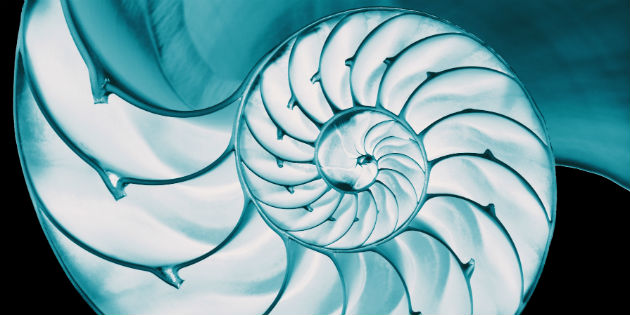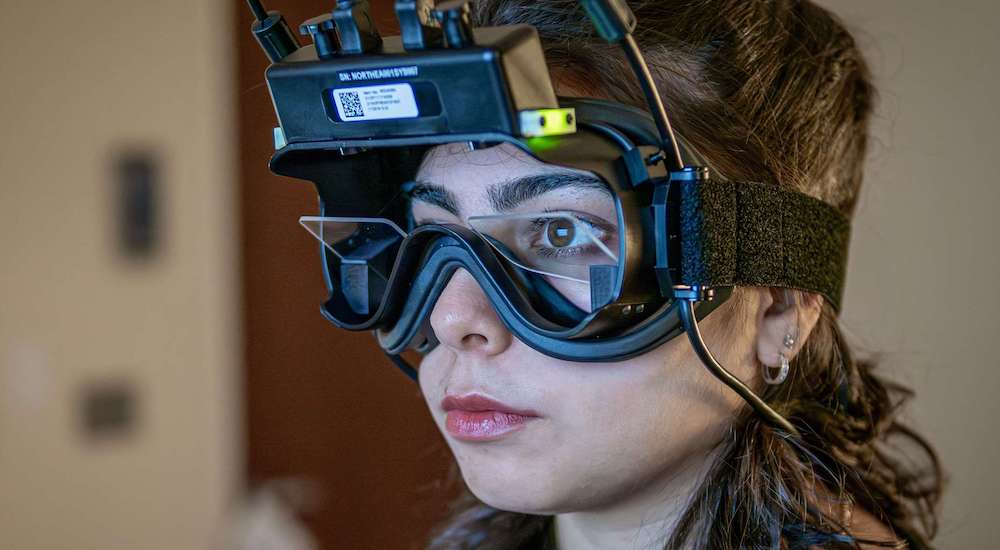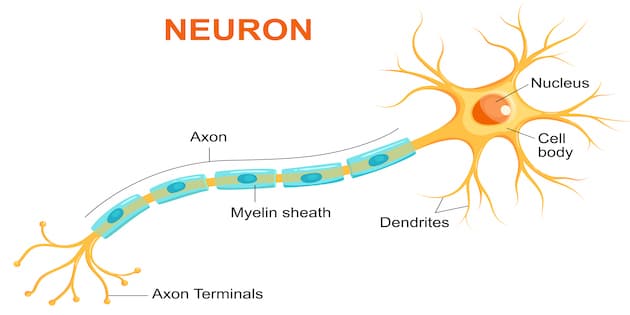New research shows benefits of drug-releasing electrodes for cochlear implant recipients
CI
Researchers from Australia’s HEARing Cooperative Research Centre (HEARing CRC) have announced promising results of a world-first study on cochlear implant electrodes designed to stimulate hearing nerves and release drugs into the inner ear.

According to the CEO of HEARing CRC, Professor Robert Cowan, the research using a cochlear implant electrode array that slowly releases anti-inflammatories into the cochlea following implantation could lead to new benefits for people fitted with cochlear implants. “The beauty of this approach is that it is based on use of the standard cochlear implant electrode array inserted into the inner ear that delivers sound sensations to the brain via the electrical stimulation of hearing nerve cells,” he said.
The new system has been studied in 10 adults patients in two Australian health centers in Melbourne and Sydney. Prof. Cowan further explains that the cochlear implant electrode array they used was modified to slowly release a corticosteroid after implantation. The corticosteroid is intended to reduce inflammation and the growth of fibrous tissue around the electrode array mediated by the immune system on contact with the device.
Preliminary findings point to lower electrical impedance levels for the drug-eluting array versus the control groups in the study. “The suppression of the inflammatory reaction in the cochlea following electrode insertion is likely responsible for these lower impedance levels, and may potentially contribute to preservation of an implant user’s residual hearing abilities when combined with slimmer electrode designs and newer surgical techniques,” Prof. Cowan added.
Source: HEARing CRC



